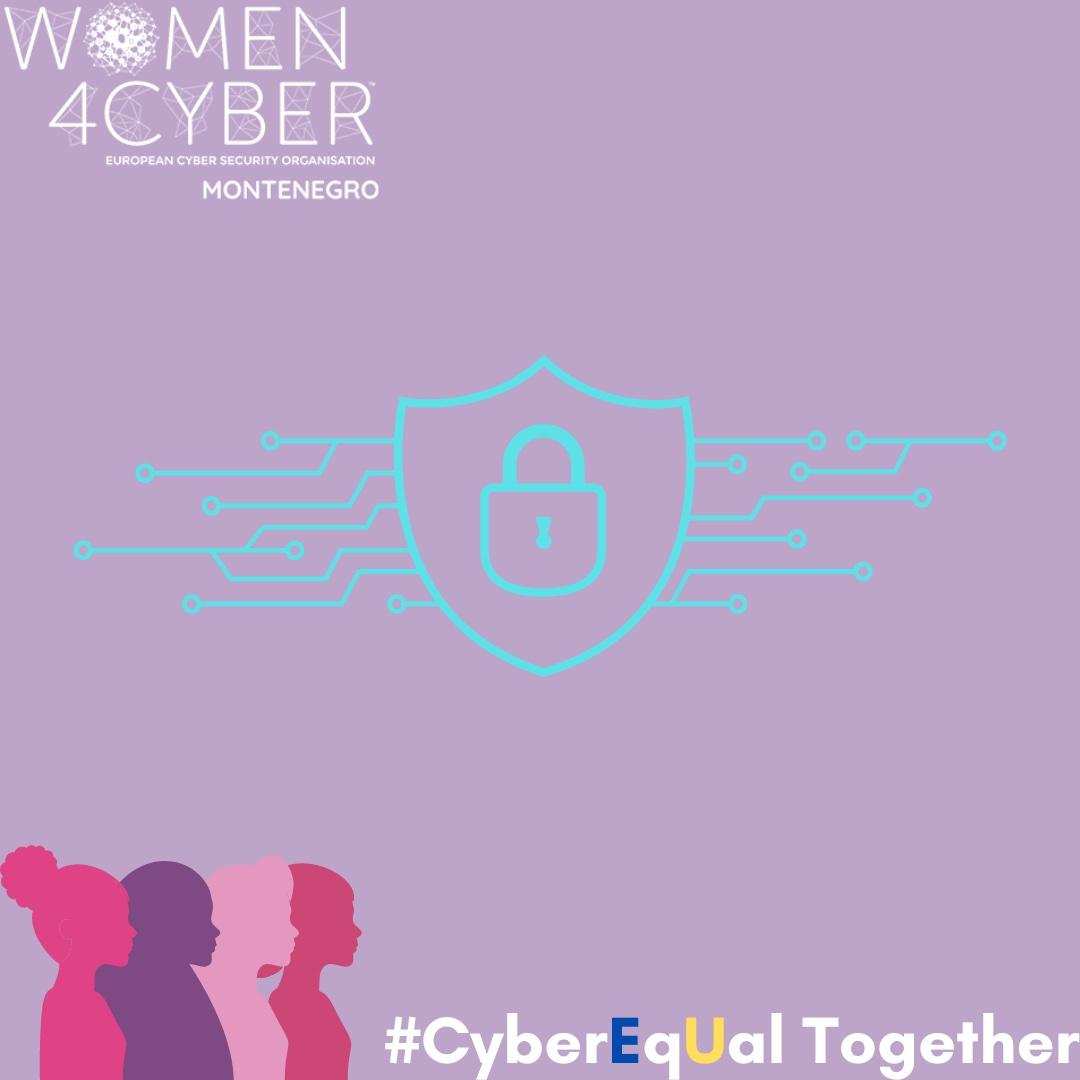Do you want to be secure on the internet? Here are the steps you should take:
1. Strong Passwords
– Create complex passwords with a combination of letters, numbers, and special characters.
*Why: They are harder to guess or hack.
2. Two-Factor Authentication (2FA)
– Add an extra layer of security through authentication apps or SMS codes.
*Why: Even if your password is compromised, your account remains protected.
3. Software Updates
– Regularly update operating systems and applications.
*Why: Updates protect against the latest threats.
4. Backups
– Make copies of important data on external drives or in the cloud.
*Why: Recover data in case of loss or ransomware attack.
5. Education
– Learn about the latest threats and how to recognize them.
*Why: Recognizing phishing emails and suspicious links reduces the risk of attacks.
6. Encryption
– Protect data by converting it into a code that only authorized people can decipher.
*Why: Ensures the privacy and security of sensitive information.
7. Security Software
– Install antivirus and antispyware programs.
*Why: Detects and removes malware before it can cause harm.
8. Secure Network
– Use a VPN for safe internet browsing.
*Why: Secures your connection and protects data privacy on public Wi-Fi networks.












